
The University of Illinois at Urbana-Champaign has long sustained one of the best graduate programs in Latin American History. Our program emphasizes Latin America’s global and transnational connections, building upon the Department of History’s strengths in the study of colonialism, labor, race and ethnicity, gender and sexuality, women's studies, religion, economic, intellectual, and environmental history. Illinois has repeatedly been named an a Title VI National Resource Center in Latin American and Caribbean Studies since 1965, and Latin American history has been taught here since 1909.
The Latin American History program has an excellent record of placing its graduate students. Recent graduates hold tenure-track or tenured positions at Stanford, Arizona, Queen Anne University (Canada), Duquesne, Texas State, California State at Los Angeles, Universidade Federal de Pernambuco (Brazil) and Pontificia Universidad Católica del Perú, among other institutions. We typically have an entering class of no more than three graduate students in Latin American history. The selective admissions process guarantees students funding and grants remarkable access to program faculty.
Campus Resources
The department has a broad regional specialization in Brazilian history enhanced by the Lemann Institute for Brazilian Studies. The Lemann Institute invites many national and international scholars to campus each year as speakers, and its Visiting Chair attracts distinguished scholars from Brazil to teach on campus. The Institute provides fellowships for graduate student field research and funds student travel to present papers at national and international conferences.
The Center for Latin American and Caribbean Studies (CLACS), offers a variety of programs of interest to graduate students, including one of the best programs in Quechua, the most spoken indigenous language in the Americas, taught by a native speaker and trained linguist. The Center forms a consortium with the University of Chicago, allowing students to take courses at both institutions. CLACS maintains a rich schedule of events with Latin American and Latin Americanist speakers, performers, and exhibits.
The campus has over sixty Latin Americanist faculty, with particular depth in anthropology, Spanish, Portuguese, and economics.
The University of Illinois’ library collections on Latin America are among the world’s largest. The University Library, which has one of the two largest university library collections in the nation, includes a Latin American collection of over 600,000 volumes. Through the library, faculty and students have access to a wealth of microfilm collections and online databases on Latin America. The Latin American and Caribbean Studies Collection Librarian, Antonio Sotomayor, studies the history of Puerto Rican popular culture, national identity and colonialism through the lens of sport and recreation. He makes frequent acquisitions trips to the region and is available for research consultations.
Grants sponsored by the Tinker Foundation and the University support most graduate students’ summer travel to Latin America after their first year's course work to conduct seed research, perfect language skills, and develop professional connections.
Other Resources
Emeriti
History Faculty working in Latin America

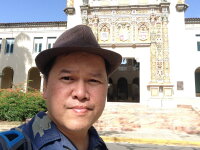
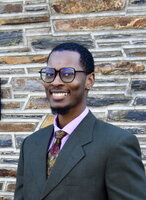



Affiliated Faculty working in Latin America
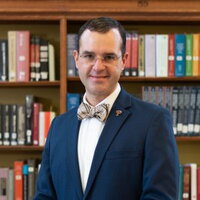
Related News
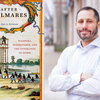
Professor Marc Hertzman receives honorable mention for best book in 2024 Latin American Studies Association Brazil Section Prizes
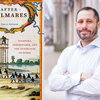
History professor’s book looks at Brazil’s longest-lasting maroon society, its influence today: Interview with professor Marc Hertzman

Professor Marc Hertzman receives honorable mention for James Alexander Robertson Prize from Conference on Latin American History

Professor Jerry Dávila selected for Presidential Fellows Program

Zumbi: The last king of Palmares - Marc Adam Hertzman & Flavio dos Santos Gomes


